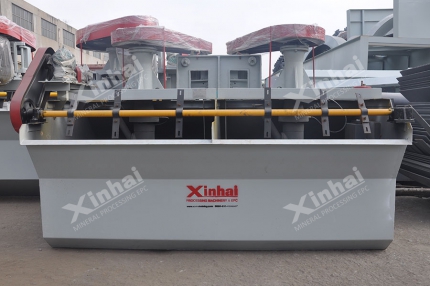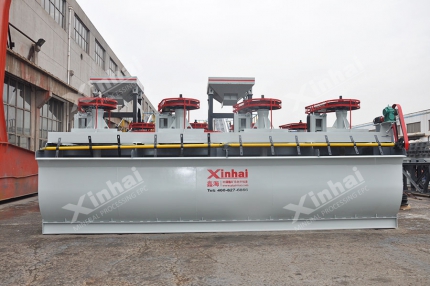Copper has the advantages of wear resistance, tensile strength, electrical conductivity, and thermal conductivity. It has a wide range of uses. It can be used in various aspects such as military, machinery manufacturing, and construction. At present, the demand for copper in the global market is growing, and the current copper mine production cannot meet the existing demand, showing a situation of short supply. Therefore, it is necessary to strengthen the management of copper mine resources, improve the utilization rate of copper mines, and improve copper mine mining and beneficiation technology. There are many types of copper ores in nature. Common types include copper pyrite and porphyry copper ore. Depending on the type of mineral, different mineral processing technologies are used. The following will introduce you to the copper ore processing technology.
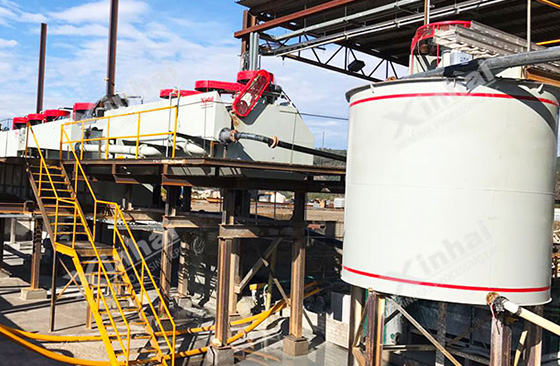
Use the table of contents below to navigate through the guide:
01Copper ore flotation-hydrometallurgy method
There are several common copper ore processing technologies used in mineral processing plants, among which hydrometallurgy is one of the more practical ones. The hydrometallurgy method of copper ore can be divided into two types: ammonia method and acid method. The specific choice of which one depends on the composition of the copper ore. When the main component of copper ore is silicate, it is more suitable for practical acid smelting, while when the main component is carbonate, it is more suitable for practical ammonia smelting. When the ore to be processed is a mixed ore or copper oxide ore with complex composition, the sulfide such as sodium sulfide in the ore is first sulfurized, and then hydrometallurgy is carried out for flotation, and xanthate is used to flotate the sulfide ore.
02Copper ore ammonia leaching-sulfidation precipitation-flotation method
The copper ore processing technology of ammonia leaching and sulfide precipitation is mainly based on flotation. It is suitable for treating copper ores whose grindstone minerals are carbonates. It must be operated according to a certain process flow. After the copper ore is ground, sulfur powder is added, mixed evenly and then leached with ammonia. When carbon dioxide, copper oxide and ammonia are fully combined, the ammonia will evaporate, and the sulfur ions will condense and precipitate into copper sulfide particles. After completing these operations, flotation of copper sulfide is carried out. It should be noted that the pH value of the slurry during flotation needs to be maintained at around 6.
.jpg)
03Copper ore emulsion method
When using this process to sort copper ore, the ore needs to be oxidized or sulfurized, and then an acrylic polymer is used to suppress the veins, and complexing agents such as mercaptobenzoxazole and diphenylguanidine are added, so that a safe surface will be formed on the surface of the copper ore. Lipophilic layer. The use of non-polar emulsion can improve the hydrophobic properties of copper minerals and make them appear in a suspended state. Finally, the copper minerals can be selected.
04Copper ore separation-flotation method
Separation-flotation method is one of the common copper ore processing methods. After the raw ore is crushed, sodium chloride and coal powder are added, thoroughly mixed and stirred, and then put into the furnace for roasting. The temperature is maintained at 850°C. After roasting, the copper will volatilize into chloride. When the temperature in the furnace is lowered, the chloride will be converted into metallic copper and adsorbed on the carbon particles. Afterwards, xanthate is used to separate according to the conventional flotation method to obtain copper ore.
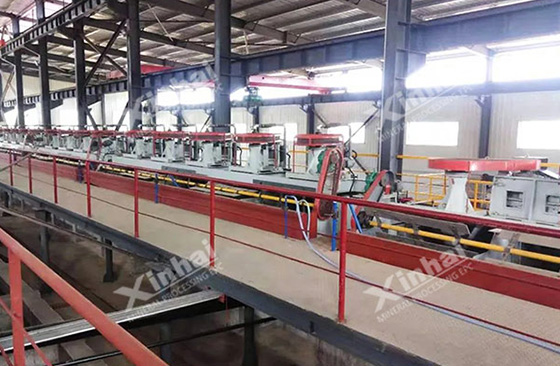
05New process technology for copper mines
The grinding and flotation process is a common process in copper ore processing operations. The main process needs to be appropriately adjusted and optimized according to the properties of the ore and the particle size of the embedded copper sulfide ore, so as to continuously improve the grade and recovery rate of the copper ore. In addition, rapid flotation is also one of the methods commonly used in copper ore concentrators, which can increase the flotation speed. However, as time goes by, the properties of the ore will partially change, and the mineral processing process also needs to be adjusted according to the actual situation. In general, the accuracy of mineral processing can be improved by using steps such as lime slurrying, rough separation and concentration. For some refractory copper ores, the results of ordinary beneficiation methods are not ideal, and the process needs to be optimized. It can be processed according to the process flow of stage grinding, ball milling, machine grinding, regrinding and re-selection. Sodium sulfide is used as a precipitant during mineral processing. The combination of sodium sulfate and sodium sulfide inhibits arsenic, thereby successfully separating copper and arsenic.
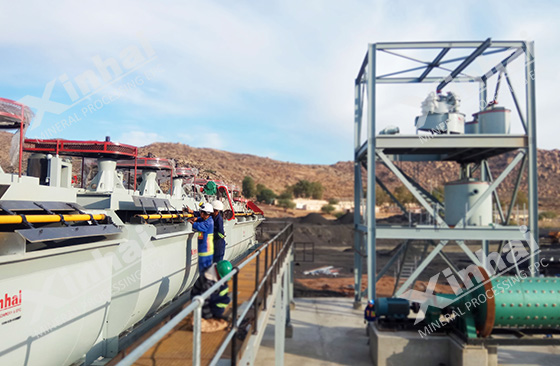
The above is a brief introduction to copper ore processing technology. With the continuous progress and development of copper ore beneficiation technology and equipment, the concentrator should scientifically select equipment according to the actual situation, adjust and optimize the existing beneficiation process, and introduce new processes to improve copper ore beneficiation. resource utilization and the production efficiency of the mineral processing plant. A reasonable copper mine process can not only reduce environmental pollution but also improve the economic benefits of the enterprise.


 marketing@ytxinhai.com
marketing@ytxinhai.com  0086 13810327080
0086 13810327080 




























































































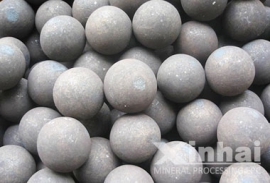
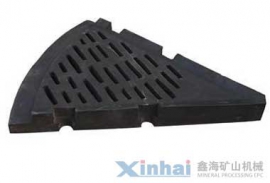








 CHAT
CHAT MESSAGE
MESSAGE
.jpg)


